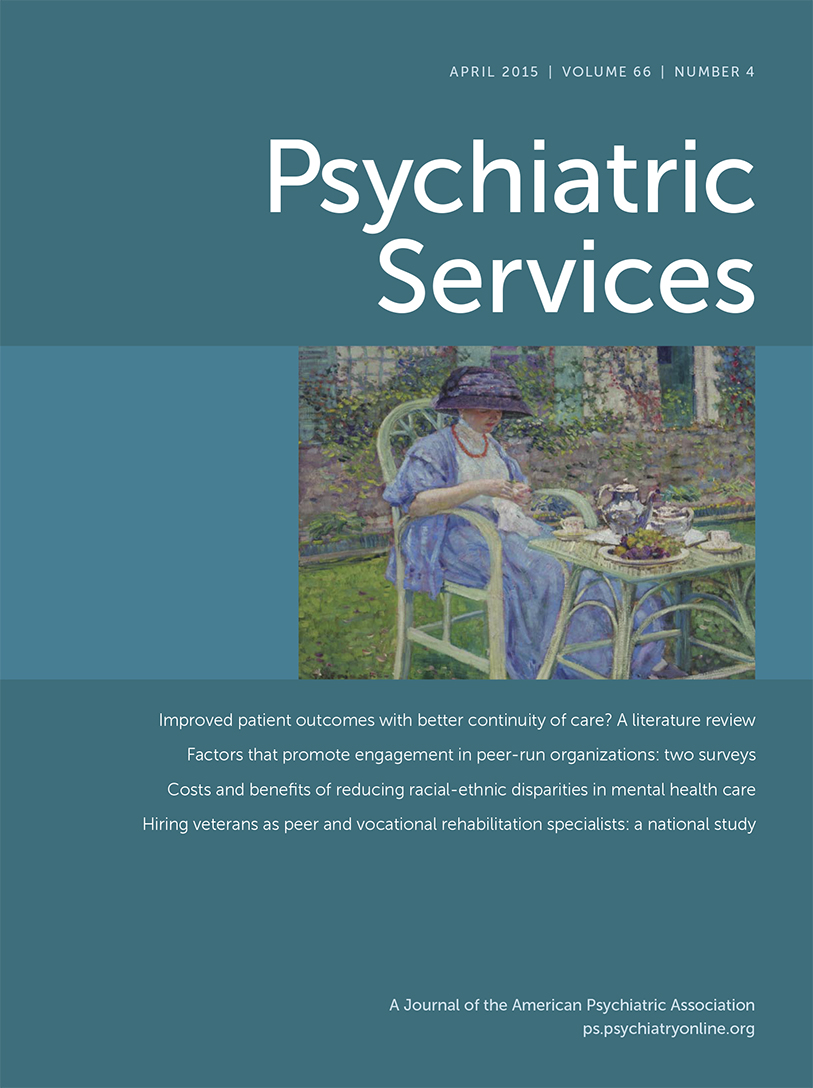Grief, Bereavement and Depression: A Clarification
To the Editor: In his Personal Accounts column in the February issue (1), Mark Ragins says many good and wise things about both the benefits and the limitations of medication, which I have sometimes likened to fire: it can heat your house or burn it down, depending on whether it is used judiciously and for the right reasons. But with respect to the DSM-5 and grief, I would like to offer a clarification.
Dr. Ragins writes, “I’m particularly disturbed that in DSM-5 we’ve eliminated grief and folded it into major depression. Grief is important suffering. It’s how we know we loved. It’s how we honor our loss. It’s how we rebuild our hearts to love again. It’s not just a depressive symptom to be eliminated so we feel better.” In fact, DSM-5 does not eliminate grief or “fold it into major depression.” By eliminating the so-called bereavement exclusion, DSM-5 simply allows a diagnosis of major depressive disorder to be made in the context of a recent death of a loved one—but only if the full criteria for symptoms, duration, severity, and impairment for major depressive disorder are met. The extensive footnote on page 161 of the DSM-5 gives some important clinical guidelines that help distinguish the normal and adaptive grief response from major depressive disorder. As Dr. Ragins notes, grief is not a “depressive symptom” but a part of life, love, and loss. Yet grief does not immunize a patient to major depression (2).
1 : Do I enjoy prescribing medications? Psychiatric Services 66:118–120, 2015Link, Google Scholar
2 : Distinguishing grief, complicated grief, and depression. Medscape Psychiatry, Dec 26, 2014. Available at www.medscape.com/viewarticle/836977Google Scholar



